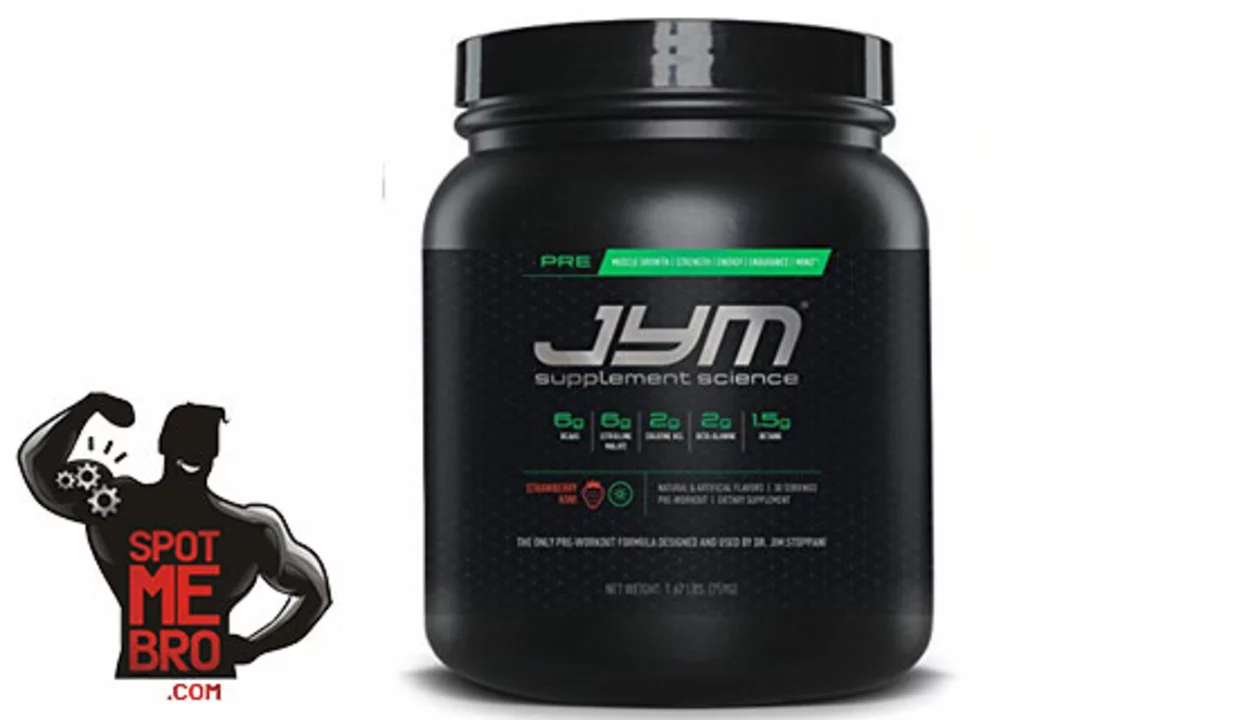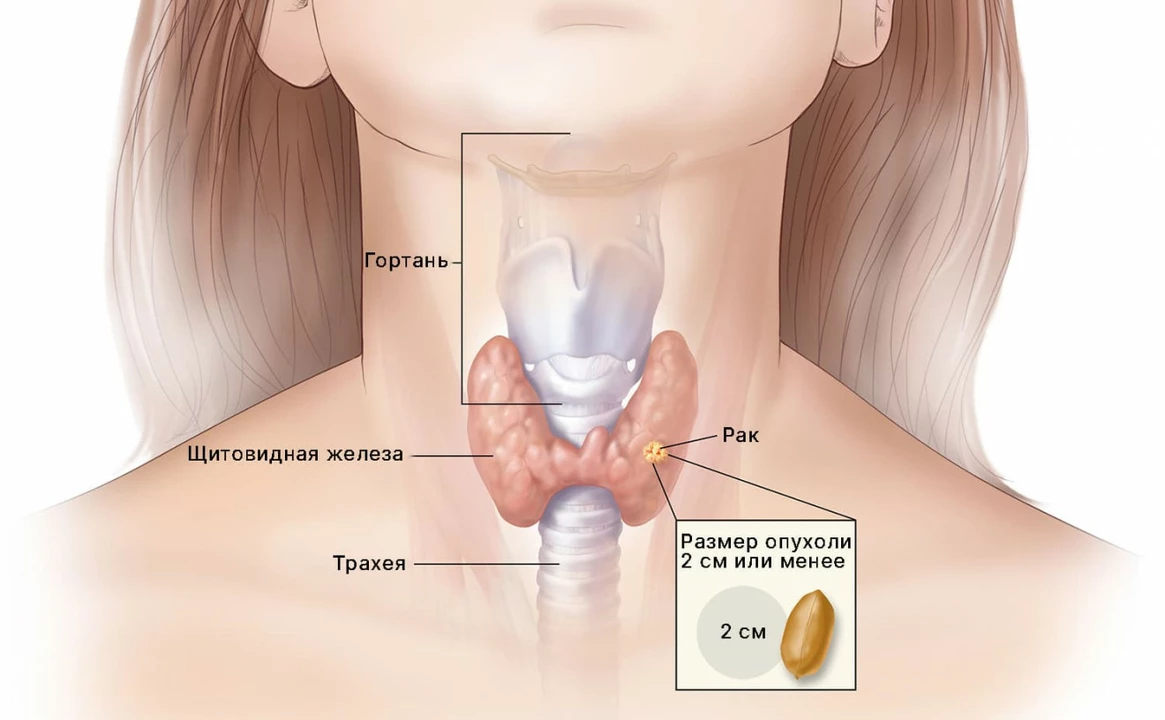This May 2023 archive collects clear, practical posts from Medzino.com about medicines, supplements, and everyday health tips.
You’ll find short, useful reads on preventing backache during long drives, eye health, natural supplements, skin care, sleep, and common conditions like gout and prostate issues. Each post focuses on what works, how to use it, and when to seek medical advice.
Start with simple steps to prevent back pain on the road: adjust your seat so hips sit slightly higher than knees, use lumbar support, stop every 90 minutes to stretch, and stay hydrated. Small changes cut discomfort and reduce long-term strain.
If you follow blood pressure research, the piece on azilsartan and hypertensive retinopathy explains why lowering blood pressure can protect the retina. The post summarizes mechanisms and asks readers to discuss options with their doctor rather than switching meds on their own.
We also look at parsnip and yerba mansa supplements. Parsnip brings fiber, vitamins, and mild antioxidants; the post explains common uses and safe dosing suggestions. Yerba mansa is presented as an anti-inflammatory and digestive aid with traditional uses and some preliminary research. Both posts remind readers to check interactions with prescription drugs.
For anyone dealing with swelling, read the article on sleep and fluid retention. It links poor sleep to hormone shifts that affect water balance and offers three simple fixes: regular sleep hours, reduced evening salt and alcohol, and gentle evening walks to move fluid before bed.
Gout sufferers get a focused look at allopurinol, how it lowers uric acid, typical dosing strategies, and what side effects to watch for. The article stresses regular blood tests and gradual dose adjustments under a doctor’s guidance.
Skin care gets practical too. The top ten ingredients to avoid for chapped skin lists common irritants like alcohol, fragrances, certain sulfates, and drying preservatives, and offers safer alternatives like ceramides, glycerin, and fragrance-free oils.
Other posts cover natural options for enlarged prostate, sleep tips for thyroid cancer patients, and how pets can help children with behavior disorders. Each piece gives realistic steps: when to try lifestyle changes, which supplements have some supporting data, and when to call a clinician.
Travelers will appreciate the yeast infection prevention tips—keep skin dry, pack breathable clothes, and treat early with antifungal creams if needed. Finally, there’s an accessible overview of topiramate, covering its main uses, common side effects, and when to ask for dose changes.
Quick takeaways
Prioritize sleep, keep a simple medication log, and ask your doctor about drug interactions before starting supplements. Keep a small travel kit with antifungal cream, a lumbar support cushion, and a list of current medicines. When a symptom is new, take notes on timing and triggers, then bring that list to your appointment. Small records speed diagnosis and improve care. Read the full posts for details and sources today.

How to Prevent Backache During Long Drives
During my long drives, I've found that preventing backache is essential for a comfortable and enjoyable journey. One helpful tip is to maintain a proper posture while driving and adjusting the seat accordingly. Taking regular breaks to stretch and walk around also helps in reducing the strain on the back. Additionally, using lumbar support cushions and adjusting the steering wheel position can further alleviate back discomfort. Lastly, remember to stay hydrated and maintain a healthy lifestyle to keep your back muscles strong and flexible.

The Potential Role of Azilsartan in Treating Hypertensive Retinopathy
As someone who is passionate about health and wellness, I recently came across a fascinating study on the potential role of Azilsartan in treating hypertensive retinopathy. Hypertensive retinopathy is a condition where high blood pressure damages the retina's blood vessels, which can lead to vision problems. Azilsartan, an angiotensin II receptor blocker, has shown promising results in reducing blood pressure and may also protect the retina from damage. It's exciting to think that this medication could potentially help those suffering from hypertensive retinopathy maintain their vision and overall eye health. I'll definitely be keeping an eye on further research in this area and will share any updates I come across!

The Science Behind Parsnip Supplements: What Makes This Dietary Aid So Effective?
I recently came across an interesting topic about parsnip supplements and the science behind their effectiveness. It turns out that parsnips are packed with essential nutrients, like vitamins, minerals, and antioxidants, which can provide numerous health benefits. For instance, these supplements can aid in digestion, boost immune function, and even help in weight management. I was pleasantly surprised by how versatile this humble root vegetable can be in supporting our overall health. If you're looking for a natural dietary aid, you might want to consider giving parsnip supplements a try!

The Science Behind Yerba Mansa: Why This Dietary Supplement is a Game Changer
I recently came across Yerba Mansa, a dietary supplement that's making waves in the health and wellness community. The science behind it is what really caught my attention, as it's been proven to have various health benefits. This game changer is packed with antioxidants, anti-inflammatory properties, and immune-boosting effects. Not only that, but it can also help improve digestion and support liver health. I'm amazed by the potential of Yerba Mansa and can't wait to see how it impacts the world of dietary supplements!

The Relationship Between Sleep and Fluid Retention
As a blogger, I've been exploring the fascinating relationship between sleep and fluid retention. I've discovered that inadequate sleep can lead to an imbalance in our body's hormones, which in turn can cause fluid retention. This is because when we don't get enough sleep, our body produces more stress hormones, making it difficult for our kidneys to regulate water balance. Additionally, poor sleep quality can also lead to inflammation, which can contribute to fluid retention as well. So, if you're struggling with fluid retention, make sure to prioritize getting a good night's sleep to help alleviate this issue.

The Role of Allopurinol in Managing Gout and Hyperuricemia
As a gout sufferer, I've been researching different ways to manage the condition, and I came across Allopurinol. This medication is quite effective in reducing uric acid levels, which is the main cause of gout and hyperuricemia. It works by inhibiting an enzyme called xanthine oxidase, responsible for the production of uric acid in our bodies. By taking Allopurinol, I've noticed a significant improvement in my gout symptoms, and my flare-ups have become less frequent. I believe this medicine is a game-changer for people like me who struggle with gout and high uric acid levels.
The top 10 ingredients to avoid in skin care products for chapped skin
In my quest to help those with chapped skin, I've researched and compiled a list of the top 10 ingredients to avoid in skin care products. These culprits can cause further irritation and dryness, making matters worse. Some of the main offenders include alcohol, fragrances, sulfates, and even certain types of oils. By steering clear of these ingredients, we can protect our delicate skin and promote healing. Stay tuned for a detailed breakdown of each ingredient and why it's harmful to chapped skin.

Natural Remedies for Enlarged Prostate: Do They Really Work?
As a blogger, I recently explored the topic of natural remedies for an enlarged prostate and whether they actually work. I discovered that while some remedies like saw palmetto, pygeum, and stinging nettle might provide relief, scientific evidence regarding their effectiveness is still limited. It's essential to consult a healthcare professional before trying any alternative treatments. I also learned that maintaining a healthy lifestyle, including regular exercise and a balanced diet, can help in managing the symptoms. Remember, it's crucial to get a proper diagnosis and follow your doctor's advice for the best outcome.

Thyroid Cancer and Sleep: Tips for Better Rest During and After Treatment
As a thyroid cancer patient, I've realized that getting a good night's sleep during and after treatment can be a challenge. Many factors, such as stress, anxiety, and side effects of medications, can greatly affect our sleep quality. To improve my sleep, I've found that maintaining a consistent bedtime routine, creating a relaxing sleep environment, and managing stress through relaxation techniques have been very helpful. Furthermore, engaging in regular physical activity and seeking support from loved ones or professional counselors can significantly contribute to better rest. Remember, getting enough sleep is crucial for our overall well-being, especially during this challenging phase of our lives.

The role of pets in helping children with behavior disorders
As a parent of a child with behavioral disorders, I've witnessed firsthand how pets can play a vital role in helping children cope and manage their challenges. Not only do pets provide unconditional love and companionship, but they also teach responsibility and empathy. The bond that forms between a child and their pet can significantly reduce stress and anxiety, leading to improved behavior and emotional regulation. Additionally, pets can serve as non-judgmental and supportive companions, helping children develop social skills and confidence. In my opinion, pets can be invaluable therapeutic tools in the lives of children with behavior disorders.
